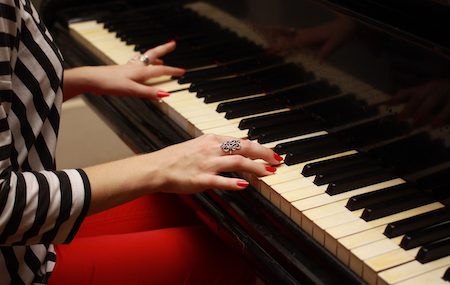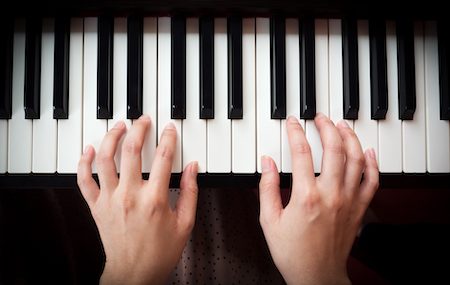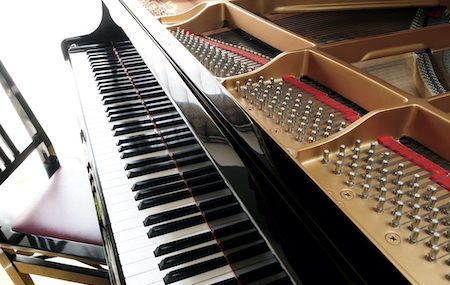Want to pick up a new hobby, something that will carry you through your life? Always had a desire to play the piano, but think you’re too old?
Think again.
It’s a myth that kids have an easier time learning the piano. It discourages adults from trying it, assuming they’ve passed the point where they will be able to learn.
The truth is it might be easier for adults. Here’s why.
You already have a greater understanding of music than kids
Think about your relationship with music. Even if you’ve never played an instrument before, you still have a history with music. What songs did you listen to in high school? What music has influenced you throughout your life? Do you hum in the shower? Do you sing with the radio while driving your car? That has taught you music theory. You understand how music is put together, what rhythm is, and how different beats work in a song. All of that helps you pick up playing faster.
You have the discipline it takes to learn music
If you decide learning to play piano as an adult is at the top of your to-do list, you’ve set your mind to put it into action. You don’t have a parent making you do it. You don’t have pressure to practice even if you don’t want to . With so many other hobbies and interests behind you, you know what it takes to get good at something.
You want to learn
Is this something you’ve always wanted to do? You have that on your side. The hardest step is taking action. If you really want to learn the piano, give yourself one step to put it into action today. Buy the piano. Invest in piano lessons. Buy your favorite song in sheet music as motivation. All of it will set you up to succeed.
Go into it with your “why”
Maybe you’ve wanted to learn to play the piano because you want to play your favorite song. If you’ve done any research, you also know that playing the piano has a lot of other benefits too. It relieves stress. It helps with cognitive skills. It’s something you can do for a lifetime.
If you’ve always wanted to learn to play the piano, make this the year you do something about it.











